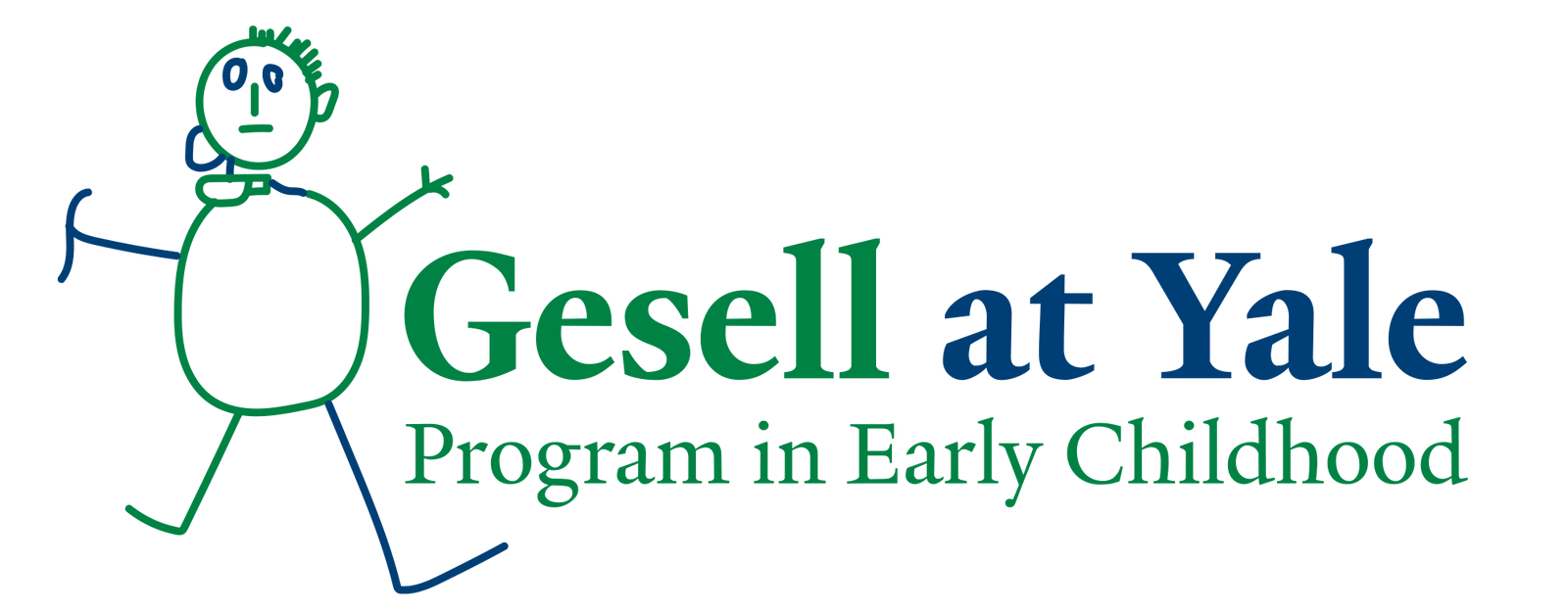Peg Oliveira, PhD
peg@gesellinstitute.org
If there is one thing teachers are expected to know, it’s everything.
The 2018 Gesell Summer at the Institute Early Childhood Education Conference challenged educators to do exactly the opposite. We asked teachers to imagine that they had no idea; and to CHOOSE WONDER.
Choosing wonder involves a kind of intellectual humility not often allowed a teacher. I still recall the first time I realized my third grade teacher didn’t have all the answers; the earth shook. Choosing wonder is recognizing the limits of our own knowledge and valuing the insight of someone else. Even if that someone else is 4 years old.
Two essential skills contribute to our ability to choose wonder: curiosity and empathy.
Curiosity is to be interested, rather than to know. To be open to the possibility that something new and unexpected might happen, and to open to rather than defend against that option. A culture that values order, above all else, will suppress curiosity. A culture that values improvement, creativity and inspiration will cultivate it.
Empathy is imagining what it’s like to be in another’s shoes, and then some. It is to take another’s perspective, as well as to feel what they feel and acknowledge that we are all connected.

To kick off our day of choosing wonder, Dr. Kathy Hirsh-Pasek offered an inspirational keynote echoing the six key skills presented in her book Becoming Brilliant that she proposes will help all children become contributing members of their communities and the thinkers of tomorrow.
- Collaboration
- Communication
- Content
- Critical thinking
- Creativity
- Confidence
After workshopping observation techniques presented by Erin Aker s of the Gesell Institute, choosing wonder was put to work reviewing a series of best practice videos presented by Dr. Beverly Falk as part of the High Quality Early Learning Project. From a place of curiosity and empathy, Dr. Falk challenged us to wonder what does “high quality early learning” mean? And what does it actually look like in practice? Examples were offered of veteran teachers individualizing learning, celebrating hidden strengths and welcoming surprises.
s of the Gesell Institute, choosing wonder was put to work reviewing a series of best practice videos presented by Dr. Beverly Falk as part of the High Quality Early Learning Project. From a place of curiosity and empathy, Dr. Falk challenged us to wonder what does “high quality early learning” mean? And what does it actually look like in practice? Examples were offered of veteran teachers individualizing learning, celebrating hidden strengths and welcoming surprises.
We hope, as September approaches, that you remember...
When you encounter a differing opinion… choose wonder!
When offered a suggestion that conflicts with your current practice… choose wonder!
When you feel angry, frustrated or disappointed… choose wonder!
When confronted with confusion… choose wonder!
When in doubt… choose wonder!
The following resources can be purchased at the Gesell Institute Online Bookstore:
Falk, B. (2012). Defending Childhood. Teachers College Press.
Falk, B. (2009). Teaching the Way Children Learn. Teachers College Press.
Golinkoff, R.M. & Hirsh-Pasek, K. (2016). Becoming Brilliant: What Science Tells us About Raising Successful Children. Washington DC: American Psychological Association.
Hirsh-Pasek, K. & Golinkoff, R.M. (2003). Einstein Never Used Flashcards. Emmaus, PA: Rodale.
